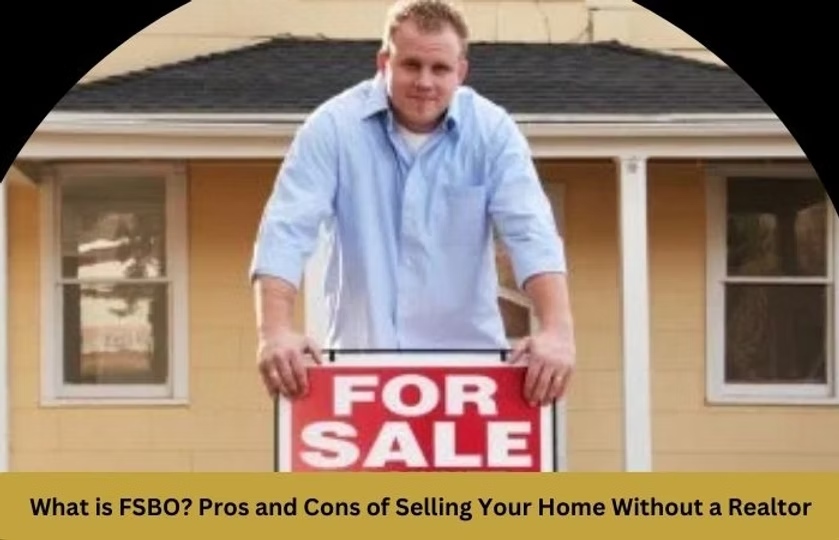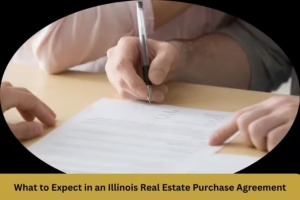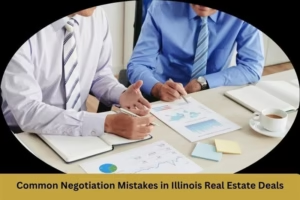When it comes to selling your home, you’re faced with an important decision: should you hire a real estate agent or sell it yourself? The latter is known as FSBO, or “For Sale By Owner.” For many homeowners, FSBO seems like an appealing way to save money and maintain control over the transaction. But is it the right move for you?
At The Real Estate Law Firm, we’ve worked with numerous clients who chose to go the FSBO route. While some have had great success, others encountered unexpected challenges that affected their time, finances, and legal standing. In this article, we break down exactly what FSBO is, its advantages and drawbacks, and how legal guidance can help safeguard your interests.
Explore our FSBO legal services for a smooth selling.
What Does FSBO Mean?
FSBO, short for For Sale By Owner, refers to a property sale where the homeowner manages the entire selling process without the assistance of a licensed real estate agent or broker. This includes setting the asking price, marketing the property, hosting showings, negotiating with buyers, and handling all necessary paperwork.
Sellers often turn to FSBO to avoid paying the agent’s commission, which typically ranges from 5% to 6% of the home’s selling price. On a $ 400,000 home, this could mean a savings of up to $ 24,000.
Learn how FSBO works with legal support.
Pros of Selling Your Home FSBO.
1. Save on Commission Fees.
The biggest attraction of FSBO is the potential to save money. By eliminating the listing agent’s commission, homeowners can either keep more of the sale proceeds or offer a more competitive price to buyers.
2. Full Control Over the Process.
FSBO sellers maintain control over every aspect of the sale – from pricing to negotiations. If you’re someone who likes to take charge, this can be empowering.
3. Personal Knowledge of the Home.
No one knows your home like you do. You can speak to its best features, recent upgrades, and neighborhood advantages in a way no third party can.
4. Flexible Schedule for Showings.
Without an agent acting as a go-between, you can schedule showings around your availability and interact directly with potential buyers.
5. Potential for a Faster Sale in Hot Markets.
In seller-friendly markets, well-priced FSBO listings can attract multiple offers quickly, especially when inventory is low.
Cons of Selling Your Home FSBO.
1. Limited Marketing Exposure.
Real estate agents have access to the Multiple Listing Service (MLS), which gives listings national exposure. FSBO sellers may struggle to reach a broad audience, limiting visibility.
2. Pricing Challenges.
Setting the right price is critical. Overpricing can cause your home to sit on the market, while underpricing means leaving money on the table. Without a Comparative Market Analysis (CMA), FSBO sellers risk pricing errors.
3. Time-Consuming.
Selling a home is a full-time job – showings, phone calls, paperwork, and negotiations can consume hours every week. Many FSBO sellers underestimate the time commitment involved.
4. Emotional Decision-Making.
Selling a home is emotional. FSBO sellers may let emotions influence negotiations or responses to feedback, which can complicate the sale.
5. Legal Risks and Paperwork.
Perhaps the most critical downside is the potential for legal mistakes. Disclosure laws, contract clauses, inspection contingencies – any misstep can lead to litigation. That’s why The Real Estate Law Firm strongly recommends legal support for FSBO sellers.
Legal Considerations In FSBO Sales.
Selling a home without professional representation doesn’t mean you should go it alone legally. In fact, partnering with a real estate attorney is one of the smartest moves a FSBO seller can make.
At The Real Estate Law Firm, we provide:.
Contract Drafting & Review: Ensuring the sales agreement protects your interests and complies with state laws.
Disclosure Guidance: Helping you meet legal requirements for property disclosures to avoid future lawsuits.
Title Searches: Verifying clear ownership and identifying potential issues before closing.
Closing Representation: Managing the legal documentation, funds transfer, and deed recording.
Our team bridges the gap between FSBO independence and professional legal security.
When Is FSBO A Good Option?
FSBO may be a smart route if:.
You’re in a strong seller’s market.
You have prior real estate experience.
The property is in excellent condition and priced modestly.
You’re comfortable with marketing, negotiations, and legal processes (with the help of an attorney).
However, if you’re unsure about your ability to handle the transaction or if the sale involves complexities (such as divorce, inheritance, or liens), professional guidance is a must.
Not sure? Consult our FSBO attorneys today. (connects to contact us page).
Tips For FSBO Success.
Research Market Trends: Use tools like Zillow, Redfin, or Realtor. Com to compare recent home sales in your area.
Invest in Professional Photography: First impressions matter. Quality photos can make or break online interest.
Use FSBO Platforms and MLS Listing Services: Consider paying for MLS access through flat-fee listing services.
Be Responsive and Professional: Treat your home sale like a business transaction. Timely communication builds buyer trust.
Work With a Real Estate Attorney: The Real Estate Law Firm can guide you through every legal and transactional step to reduce your liability.
Final Thoughts:.
FSBO offers homeowners the opportunity to save on commission fees and maintain control – but it’s not without its pitfalls. Lack of marketing reach, pricing missteps, and legal vulnerabilities can cost you far more than a commission.
With the right approach and support from The Real Estate Law Firm, selling your home without a realtor can be a successful – and legally secure – journey.
Ready for FSBO? Get legal support that protects you.
FAQs About FSBO (For Sale By Owner).
1. What does FSBO stand for?
FSBO stands for “For Sale By Owner, ” where a homeowner sells their property without a real estate agent.
2. Can I list a FSBO property on the MLS?
Yes, you can use a flat-fee MLS listing service to get your FSBO property on the MLS for a small fee.
3. Is FSBO legal in all states?
Yes, FSBO is legal in every U. S. State, but state laws differ regarding disclosure, contract terms, and required forms.
4. Do I need a real estate attorney for FSBO?
While not mandatory in every state, The Real Estate Law Firm strongly recommends hiring an attorney to reduce legal risks and manage contracts.
5. How much can I save by selling FSBO?
You could save 2.5%-3% by avoiding the listing agent’s commission. However, you might still offer a buyer’s agent commission.
6. What are the main challenges of FSBO?
The biggest challenges include pricing the home correctly, marketing effectively, handling paperwork, and avoiding legal mistakes.
7. Can I negotiate directly with buyers?
Yes. FSBO gives you the freedom to negotiate terms and price directly with potential buyers.
8. What legal documents do I need to sell FSBO?
You’ll need a sales contract, property disclosures, title documents, and closing paperwork – all of which The Real Estate Law Firm can assist with.
9. What happens if I make a mistake in disclosure?
Failure to disclose can result in lawsuits or canceled deals. That’s why legal guidance is essential.
10. Does FSBO take longer than using a realtor?
It can, especially if the home is overpriced or poorly marketed. However, with proper planning and legal support, FSBO can be just as efficient.




